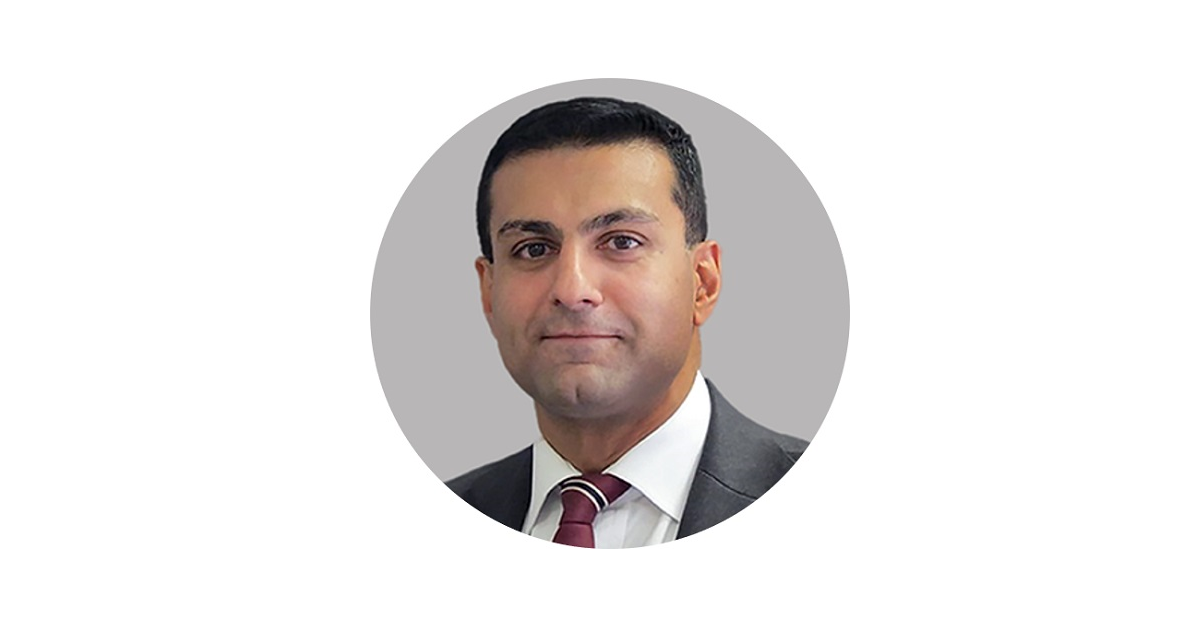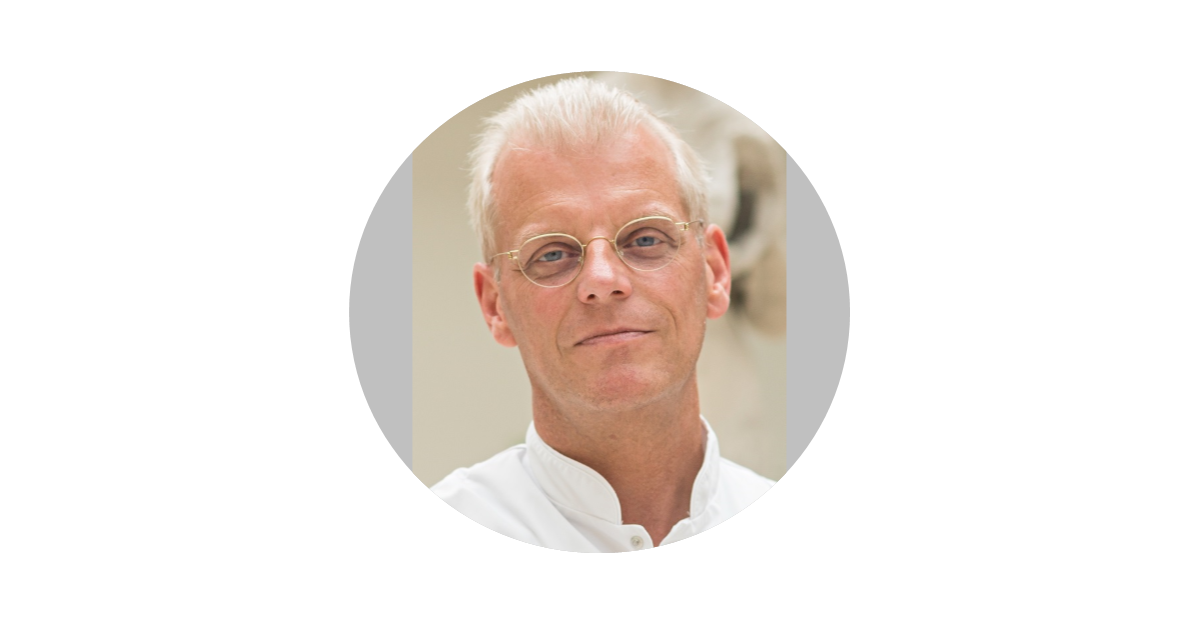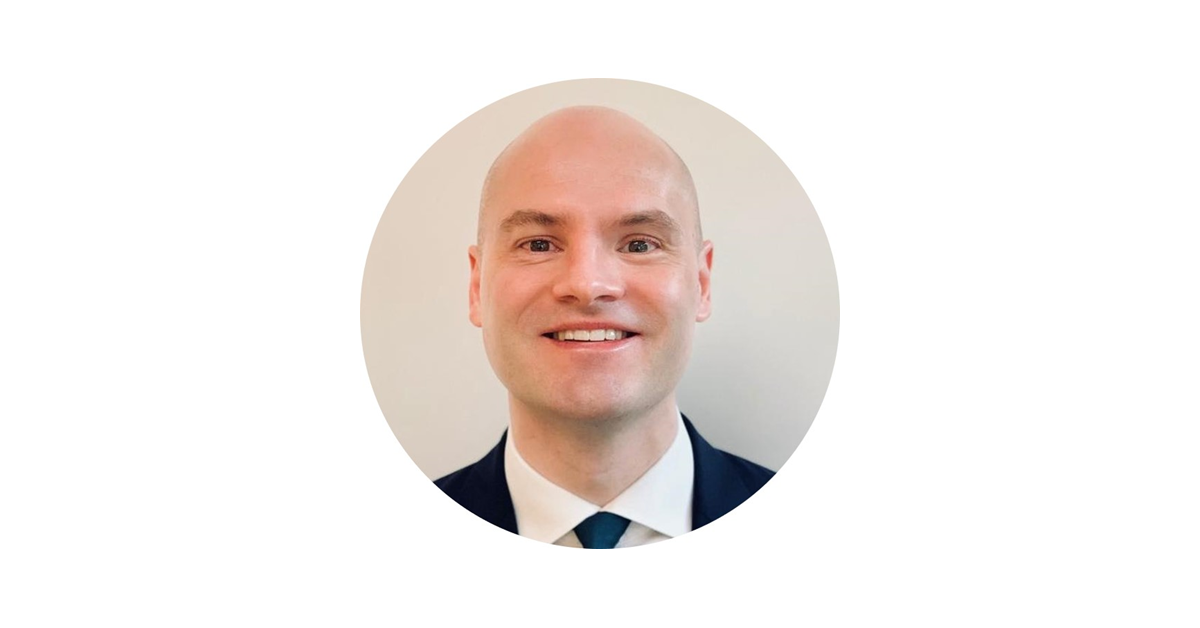See our other webinars
Agenda
- Barrx™ RFA technique, ensuring efficacy, safety and durability of the BE treatment: review of clinical evidence - Dr. Rehan Haidry
- Discussion and Q&A - Chaired by Dr. David Graham
- Presentation of Barrx™ RFA 360 express catheter and recorded case
- Prof. Jacques Bergman
- Discussion and Q&A - Chaired by Dr. David Graham
- Presentation of Barrx™ RFA focal & channel catheters and recorded case
- Dr. John Morris
- Discussion and Q&A - Chaired by Dr. David Graham
Chair
- Dr. David Graham
Speakers
- Dr. Rehan Haidry
- Prof. Jacques Bergman
- Dr. John Morris
Speaker Biographies

Dr. Rehan Haidry
Rehan Haidry is a Consultant Gastroenterologist and Endoscopist at University College Hospital, London, one of the country’s leading teaching hospitals. He has expertise in general gastroenterology and hepatology.
He trained at St Mary’s Hospital, London and completed his gastroenterology training in North East London. He then undertook a prestigious 2-year research fellowship at UCLH, examining novel diagnostic and therapeutic endoscopic techniques in the upper gastrointestinal tract, including endoscopic treatment of early cancers. He has a particular interest in managing and treating patients with acid reflux symptoms and also Barrett’s Esophagus.
Dr. Haidry has ongoing clinical research commitments in the Division of Surgery & Interventional Science at UCL. His research interests are focused on the development of new methods for detecting and treating dysplasia (early cancer) in Barrett’s Esophagus and other pathologies of the gastrointestinal tract. He is involved in coordinating Europe’s largest patient registry, the UK HALO radiofrequency ablation registry which collects nationwide outcomes of this exciting new intervention in patients with early cancer of the esophagus.

Prof. Jacques Bergman
Jacques Bergman was born in 1965 and qualified from the University of Utrecht in 1991. He undertook his PhD-training, dedicated to the endoscopic management of gallstone disease, in Amsterdam. He was trained in Gastroenterology in Den Bosch and Amsterdam and was appointed Consultant Gastroenterologist, at Academic Medical Center in Amsterdam in 2001 and as Associate Professor in 2005. In 2011 he was appointed as Head of department of Endoscopy and Professor of Gastrointestinal Endoscopy.
Jacques Bergman is Special Section Editor for “Gastroenterology”, member of the International Editorial board of “Gastrointestinal Endoscopy” and member of the International Editorial board of “Endoscopy”. He has authored and co-authored on over 350 peer reviewed publications and text book chapters and has lectured at many national and international meetings.
Jacques Bergman is the head of the AMC esophageal research team. He leads a variety of imaging studies on detection of early neoplasia in the upper GI tract. Techniques that are currently under investigation include high resolution endoscopy, optical chromoscopy, volumetric laser endomicroscopy, and spectroscopy techniques. His group also investigates computer assisted endoscopic detection of early neoplasia as part of a consortium with the Technical University Eindhoven and the Catharina Hospital Eindhoven. In addition, his group has a strong focus on the endoscopic treatment of early neoplasia using endoscopic resection and endoscopic ablation techniques as well as in organizing training programs in this field (www.barrett.nl and www.best-academia.eu).
Jacques Bergman leads ReBus: a large tissue bank project that incorporates clinical data and tissue samples of 1,000 patients treated for early Barrett's neoplasia; 3,500 Barrett's surveillance patients in the Amsterdam region; 1,500 prospectively followed Barrett's patients in the Amsterdam Prospective Barrett's Registration Project; and 750 Barrett's patients with low-grade dysplasia. Jacques Bergman is also involved in studies investigating the use of duodenal mucosal ablation for metabolic regulation (diabetes mellitus and NAFLD/NASH) in which he collaborates with endocrinologists and hepatologists at the AMC and a number of European institutes. He is the PI of three clinical trials in this field.
The team currently consists of three physicians/endoscopists, twenty-one clinical research fellows, three research nurses, and 2 physician assistants. The group has extensive experience with clinical trials and is trained according to GCP standards.

Dr. John Morris
John Morris is a Consultant Gastroenterologist at Glasgow Royal Infirmary and is Deputy Vice President Endoscopy at the BSG.
He was previously Gastroenterology Specialty Advisor and service redesign lead for NHS Greater Glasgow and Clyde Health Board, Clinical Director for Digestive Diseases in Glasgow and Visiting Associate Professor of Medicine at the Medical University of South Carolina, USA. He is Past President of the Scottish Society of Gastroenterology.
Dr Morris has a strong clinical commitment in luminal Gastroenterology in particular therapeutic endoscopy. John has made significant contributions to endoscopy education, quality improvement, novel service delivery and research. He was previously director of the West of Scotland Regional Endoscopy Training Centre.
John has been an active member of the British Society of Gastroenterology and European Society of Gastrointestinal Endoscopy Committees. He has delivered several national and international live endoscopy workshops on behalf of these organisations and delivered invited lectures and demonstration at many of the national gastroenterology societies meetings and live endoscopy workshops around the world.

Dr. David Graham
David Graham is a Consultant Gastroenterologist at University College Hospital, London. He trained at St Bartholomew’s and the Royal London Medical School and completed Gastroenterology training in North East London. He undertook a PhD at UCL focussing on the early detection of esophageal cancer through the utilisation of salivary “liquid biopsies” and artificial intelligence analysis of patient data.
He has a specialist interest in Barrett’s Esophagus, oesophago-gastric cancer, endoscopic imaging technologies and interventional endoscopy. Additionally, he was part of the expert committee devising the BSG guidelines for the management of the pre-malignant and early malignant lesions of the stomach and is part of international research collaborations aiming to improve the early detection of these lesions.
Finally, David has a keen interest in endoscopy training and has helped run many live endoscopy courses at UCH.
